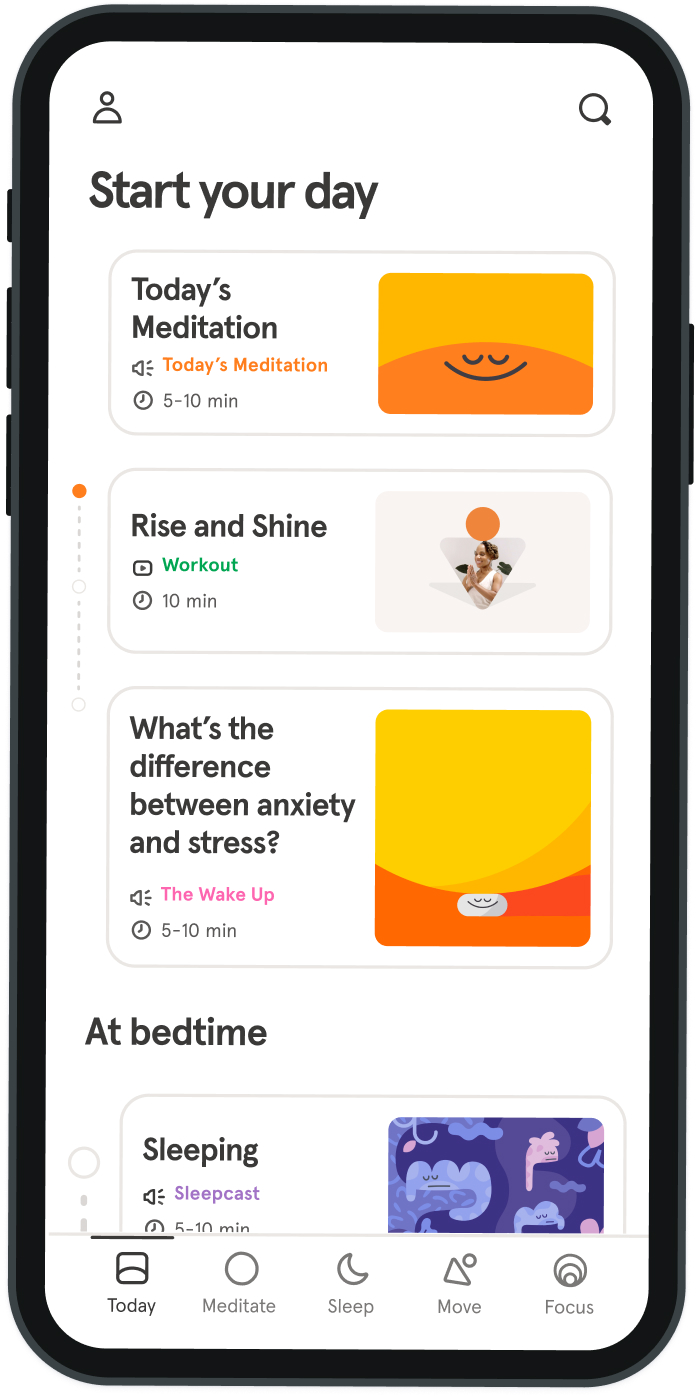What not to say to someone who’s grieving
It was the day before the third anniversary of my husband’s death. The first anniversary was excruciating. The second was difficult but easier than the first. By the third year, I was at acceptance, the final stage of grief, where despite the loss and sorrow, I was finding happiness. And this year, like every other year, I felt the need to visit his grave.
When I went to the cemetery, I looked for the miniature rose bush I had planted in front of his headstone. I scanned the rows of headstones but the rose bush wasn’t there. Maybe I was in the wrong section? I looked at the names on the headstones and saw it: Bob (Robert) Donaldson. In front of his headstone was a hole with a dead rose bush branch. I put on my sunglasses to hide my tears and walked into the cemetery office. I told the woman at the desk about my discovery. Her reply, “Our bylaws forbid planting of rose bushes. Did you read them? Here’s a copy.” All I could do was think to myself No, I didn’t read them, as they lowered his casket into the earth. No, I didn’t read them, as I cried myself to sleep each night. No, I didn’t read them when I sat with your representative to decide the lettering and wording on the headstone three years ago. But I didn’t say those things out loud. Instead, I just said, “No,” staring at her in disbelief. When someone dies we’re taught to say one of two phrases: “My deepest condolences” or “I’m sorry for your loss.” After that, we have to wing it. The truth is death scares us. When someone dies we see our own mortality. We go to visitations and funerals out of respect, but we can’t wait to leave. When we open our mouths and discover we have to fill the quiet air with something other than those rehearsed phrases, what pops out can be absurd.
“I know how you feel.” You probably don’t. “You’ll find someone else.” Yes, let me write my dating profile just as soon as I finish this obituary. “He would want you to be happy.” Probably, but we really didn’t get a chance to discuss it. And of course, “He’s in a better place.” Really? So what can you do to help someone who’s grieving?
-
Know that there’s no timeline for grieving. It can feel like people expect you to move on a few months later, or just weeks (or even a few days if you’re grieving a pet.) But the truth is, everyone has a different timeline. It’s safer to assume they’re still mourning instead of thinking they should move on.
-
Listen. Let the grieving talk. There’s no need to find a way to soothe us. Just being there is enough.
-
Don’t be afraid to bring up our loved one’s name. We want to talk about them and remember them, too.
-
Easy on the judgment. Loss isn’t something people can just get over. Grief changes a person. In the early stages, I was constantly forgetting things and losing things. Something as simple as hammering a nail into the wall seemed like an impossible task. Offering to help with daunting tasks is great, but helping with the mundane tasks is appreciated, too.
-
Be prepared for some unexpected reactions. Some people cry at the drop of a hat, others have angry outbursts. Many of us hang onto funny things that belonged to our loved one. Others want to clean and purge for no reason. We all get stronger, but it takes time, and everyone’s timeline is different.
-
Avoid platitudes like “look at the bright side,” or “try to be positive.” Many of us are just trying to get by.
And if you work at a cemetery, please don’t ask if someone has read the bylaws. They haven’t.



Be kind to your mind
- Access the full library of 500+ meditations on everything from stress, to resilience, to compassion
- Put your mind to bed with sleep sounds, music, and wind-down exercises
- Make mindfulness a part of your daily routine with tension-releasing workouts, relaxing yoga, Focus music playlists, and more
Meditation and mindfulness for any mind, any mood, any goal

Stay in the loop
Be the first to get updates on our latest content, special offers, and new features.
By signing up, you’re agreeing to receive marketing emails from Headspace. You can unsubscribe at any time. For more details, check out our Privacy Policy.
- © 2025 Headspace Inc.
- Terms & conditions
- Privacy policy
- Consumer Health Data
- Your privacy choices
- CA Privacy Notice
